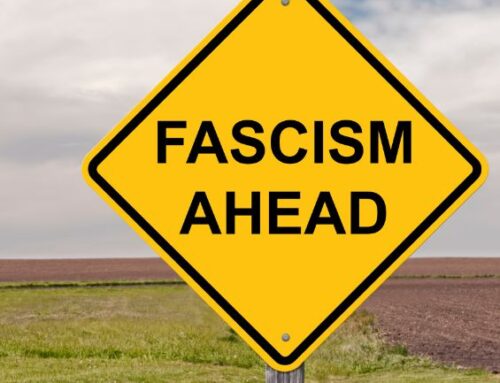John Carpay:
My recent 23 hours in a Calgary jail on Dec. 30-31 remind me of the fact that our circumstances can feel either incredibly difficult or quite easy depending on what we compare them to.
On the afternoon of Friday, Dec. 30, I was working at my office when I received a phone call from Calgary Police Services detective Mark Weir informing me that a Canada-wide warrant for my arrest had been issued by Winnipeg Police for criminal charges arising from events that had taken place more than 17 months earlier. I was shocked. Not a single law enforcement agency had contacted me in the previous 17 months. I was assured by Calgary Police that I would be released promptly.
I turned myself in and arrived at the Spyhill Arrest Processing Facility (jail) at 3:45 p.m. Unbeknownst to me, despite assurances of my immediate release, I would spend the next 23 hours in a 12-by-12 foot concrete cell, apart from a few absences to get fingerprinted, speak with a lawyer by phone, and appear remotely before a Justice of the Peace through closed-circuit television.
There was no cot, mattress, pillow or blanket. There was a toilet and sink, and a video surveillance camera on the ceiling to ensure lack of privacy. There was no clock on the wall, and I had neither a cell phone nor a computer, so I had to pass the time without knowing what the time was. No Bible or other reading materials were allowed. Even my wedding band was taken away from me, along with shoes and belt, although I was allowed to keep my glasses.
I had a terrible night, trying to sleep on concrete. No matter the position in which you lie down, it becomes very uncomfortable after a few minutes. Bright fluorescent lights on the ceiling were on 24 hours a day, contributing to a sleepless night.
I was very disappointed that a special family gathering on the evening of Friday December 30, which had been planned weeks in advance and to which we had all been looking forward, had to be cancelled.
Providentially, in the month prior to being put in jail, I had just finished reading two books by two different Dutch resistance activists who worked to undermine the Nazi-occupation regime in the Netherlands during World War II. Both authors spent time in jail.
Faith and Victory in Dachau by Jacobus Overduin explains this pastor’s peaceful opposition to the demands of the Nazi occupation government to remove control over education from parents and local schools. (This totalitarian impulse to control children’s education and oust parental authority neither originated in, nor ended with, the Second World War.) After spending years in prison in the Netherlands, Overduin and other pastors were shipped to Dachau, Hitler’s first concentration camp, which was used to jail and abuse critics of the regime. Prisoners in Dachau were literally worked to death, forced to do heavy labour while daily rations consisted of two slices of bread and a bowl of very watery soup with bits of vegetables. There was no medical treatment for those who fell ill; they died within days of their admission into an abysmal sanitorium.
Diet Eman recounts in her book Things We Couldn’t Say how her efforts to hide Jews and carry out other illegal activities with the Dutch resistance landed her in a Nazi-run prison in the Netherlands. She shared a small cell with ten other people for months on end. No showers, no sunlight, minimal rations. The prisoners lived in a state of severe and constant stress while awaiting an interrogation that might result in the prisoner getting shot, if they could not lie effectively to persuade the Nazis that they were not involved in the resistance. As soon as Eman was released from prison, she resumed her illegal underground work of helping to hide Jews and providing food to those in hiding.
Having these examples in mind made my 23-hour over-night stay in jail feel like a cakewalk in comparison. I also thought frequently about the many weeks that Tamara Lich, as well as pastors Timothy Stephens, James Coates, Tobias Tissen and Artur Pawlowski, spent in jail, here in Canada.
I am not intimidated by this experience. I will continue to advocate for the return of our Charter rights and freedoms which were taken away from us in March of 2020.
John Carpay, B.A., LL.B., is president of the Justice Centre for Constitutional Freedoms (jccf.ca).




